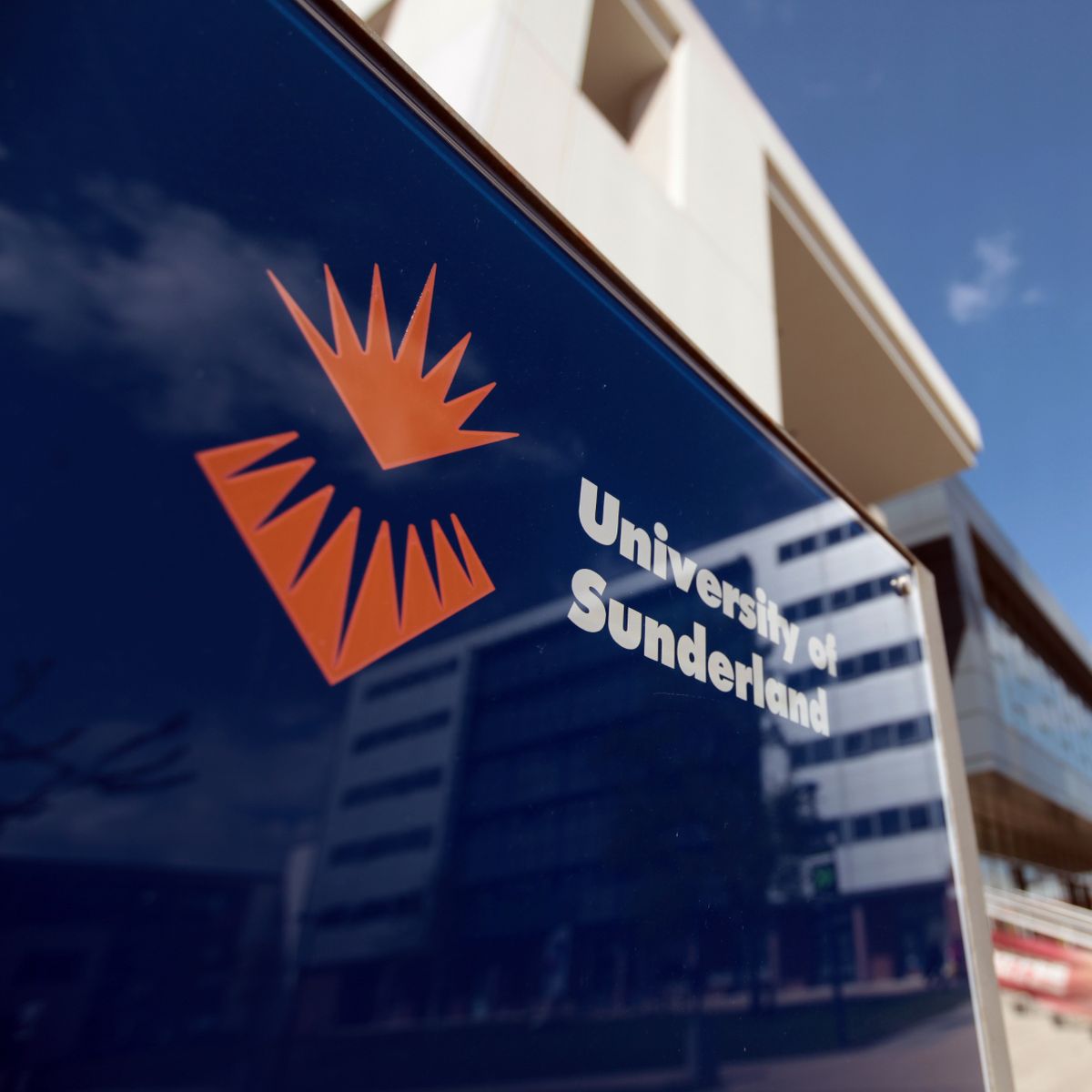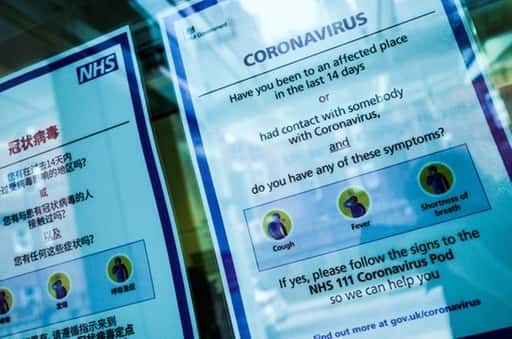Student paramedics’ emergency response skills were put to the test this week, (August 22), as part of a staged 999 call-out that involved working with North East Ambulance Service (NEAS) and Sunderland Royal Hospital’s Emergency Department.
The paramedics students were filmed during the simulation to help give feedback on their clinical practice and interactions with the ‘patient’
The students, in the first year of their Diploma of Higher Education in Paramedic Practice at the University of Sunderland, were tasked with being the first response to a critically ill patient, whose health rapidly deteriorates.
With back-up and advanced life support from North East Ambulance Service’s Cardiac Arrest Response team, the patient was then conveyed to Sunderland Royal Hospital, where they were met by student nurses and doctors at the accident and emergency department, for further assessment and treatment.
The full-scale simulation was designed to improve safer patient care and help the various emergency responders work together in challenging and unpredictable situations, putting into practice their skills and responsibilities similar to what they would experience during a real-life emergency.
This is the first time the three partners have engaged in such a collaborative simulation scenario, which was filmed throughout using body cameras on all participants, allowing for assessment and feedback, and opens the door to further potential collective training opportunities.
Student paramedic Chris Kirkbride, who began his University course in June, was part of the ambulance crew who were first on scene of the staged incident.
He said: “My role was to initially assess the patient and begin treatment and recognise that back-up was required from more advanced paramedics and doctors as our patient had deteriorated dramatically in the short space of time we were on scene.
“The exercise was highly useful as it showed how well we communicate with each other in a time-critical situation having never worked together before this exercise. It’s a great opportunity to practice assessment skills in real conditions.”
Paul Elliott, Senior Lecturer in Paramedic Practice in the University’s Department of Pharmacy, Health and Well-being, said: “We’re delighted to be part of this multi-disciplinary collaborative simulation session which is another example of our close working links with City Hospitals Sunderland providing staff, students and health professionals with the skills to meet the future challenges of healthcare.
“Following significant planning and preparation from all parties involved with the simulation, we were delighted in the end result and being able to fully utilise the state-of-the-art simulation equipment and technical support that the university has to offer. This experience has tested the students’ clinical ability in a safe and controlled manner ensuring greater patient safety in the future.”
He added: “Our Paramedic Diploma programme has been developed in response to the changing and dynamic role of the paramedic, and taking part in high-fidelity simulations allows our students to put into practice what they’ve learned in a safe environment. It builds the relationship between pre-hospital and hospital, and improves communication, skills, knowledge and experience to improve the quality of patient care, by sharing training practices, discovering where there are any barriers.”
The simulation began in a mock patient flat, based on the University’s city campus, when their patient – SimMan, an advanced 3G patient simulator – went into cardiac arrest.
Dan Haworth, Advanced Practice and Pathway Development Manager at North East Ambulance Service, explains: “This type of exercise considerably develops our skills and positively impacts directly on the quality of patient care that emergency care crews can deliver.
“Opportunities like this, to learn in a safe environment alongside all the key partners involved in patient care, are not always readily accessible. We hope to use this exercise as a foundation to do more like it, making learning paramedic practice in the North East even more attractive to new recruits and offering our existing workforce the chance to improve their own practices.”
Jonathon Hurley, Emergency Department consultant at Sunderland Royal Hospital said: “This type of scenario will provide invaluable hands-on experience and learning for the students and staff involved in a safe environment.
“The students will have to quickly put into practice the theory and knowledge they have gained in the classroom and the Emergency Department staff will have to draw on their years of experience to ensure their patient receives the right treatment to ensure the best possible outcome.
“By filming the actions taken by the students, we will not only be able to feedback on their clinical practice but also on their interactions with the patient as well as within the clinical team as we know that effective and clear communication is vital in this sort of situation.”
A debriefing session, analysing the video footage then followed between trainers and participants to measure learning outcomes.



